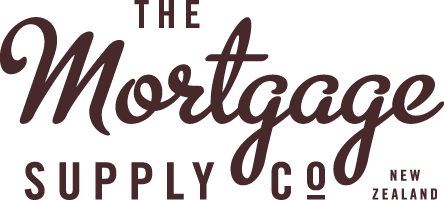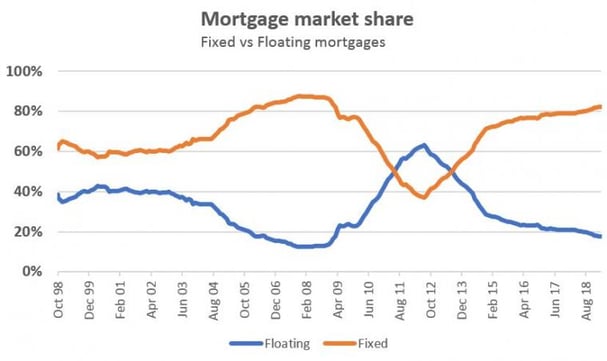
Getting a mortgage can be overwhelming, particularly when there are so many different options for fees, formats and interest rates, that are all constantly changing as the market peaks and troughs.
All these different factors affect your loan costs and how quickly you'll be able to repay the mortgage, so it’s important to know your options and make a well-informed decision.
The typical options for mortgage financing are fixed-rate, flexi-rate, and floating rate mortgages - each suited to a unique type of homeowner. With so much information out there it can be hard to know the differences, so we’ve broken down the pros and cons of a floating-rate mortgage for you.
You can check our other blogs in this series for more information on your options, here:
- Fixed Rate Mortgages
- Flexi-Rate Mortgages
What is a Floating-Rate Mortgage?
A floating rate mortgage is a home loan without a 'fixed' interest rate applied, and is subject to change month on month depending on any fluctuations in the official cash rate and wider market changes. Right now, floating interest rates vary between 4.89% and 6.95% p/a.*
*Rate information sourced from interest.co.nz.
Advantages:
Flexibility
While you'll always have to meet your agreed minimum monthly repayment rate, you have the option to pay more if you want to without being penalised. This means if you receive a bonus, unexpected income or your salary increases, you can elect to pay a higher rate and reduce your loan term quickly.
Possibility of Lower Rates
One of the biggest draw-cards to floating interest rates is that should the market dip and interest rates go down, so will your interest rate, whereas with a fixed-home loan you'd risk interest rates dipping lower that you'd originally fixed.
This also gives you the benefit of paying the same monthly amount even if your interest rate lowers and subsequently reducing the time it will take to pay off your loan.
You're not locked in
Life is unpredictable and circumstances change. If you find you need to sell your home, refinance your loan or switch to a more attractive rate with another bank, you have the freedom to do so. With a floating rate mortgage, there's usually no break fee, which can be quite expensive.
Consolidating other debt
Did you know that you can use your floating home loan to consolidate other debts you may have accrued over time? This is an option that is uniquely available to some floating rate loans and is often an attractive option as compared to personal loans, the interest rates are very low.
Disadvantages:
Less consistency
Your loan rate is entirely governed by market conditions, meaning that each month your repayment rate may rise or fall. If you're on a particularly tight budget or you're not very good at managing money, this can be quite tricky to deal with as nothing is set in stone.
A slightly higher rate
From looking at current and recent mortgage rates in NZ, usually fixed-loan rates are slightly lower than floating loan rates. This is reflected in the general popularity of fixed-rate home loans over the past two-decades:











